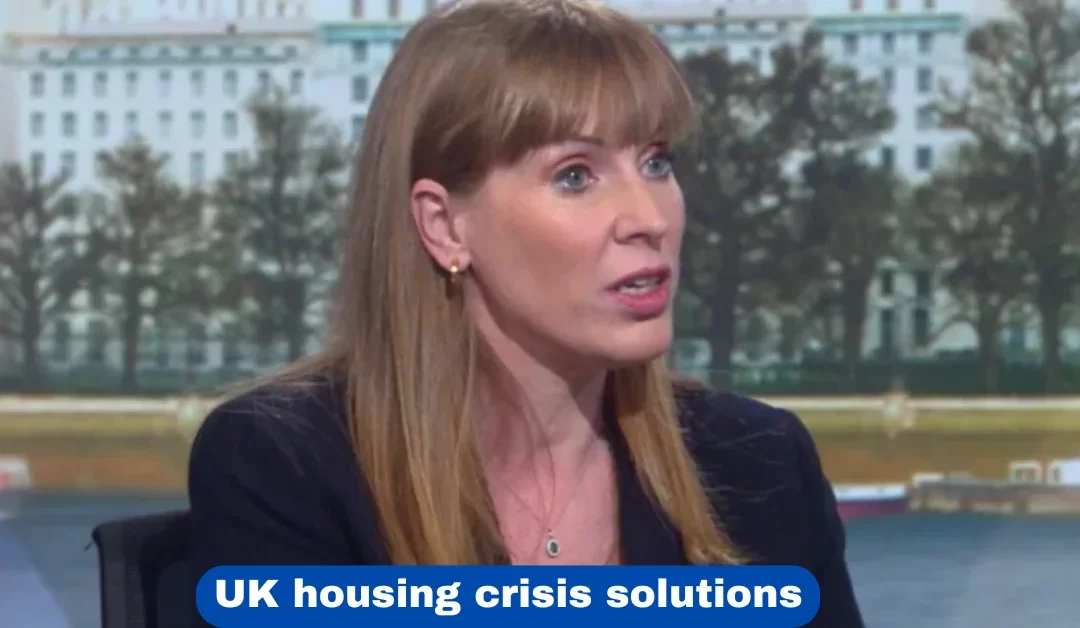Angela Rayner Urges Councils to Meet Housing Targets
Angela Rayner, the UK’s Deputy Prime Minister and Housing Secretary, has emphasized the importance of councils meeting mandatory housing targets. Despite widespread concerns from local authorities about achieving these goals, Rayner insists the targets are essential to tackle the country’s housing crisis.
Why Housing Targets Are Mandatory
The government aims to build 1.5 million homes in England within five years. Rayner argues that meeting these goals is critical to address the housing shortage.
- The Housing Crisis: Millions of people are waiting for affordable housing, and the lack of homes is a significant issue for families and individuals.
- Government Mandate: Rayner stated, “We make no apologies for expecting councils to deliver the homes that people desperately need.”
Concerns from Local Authorities
Many councils agree on the need for more housing but question whether the targets are realistic.
Key Challenges Identified by Councils
- Strains on Infrastructure: Many areas lack the roads, schools, and hospitals needed to support additional housing.
- Land Shortages: Limited available land in urban and rural areas makes meeting targets difficult.
- Planning and Construction Capacity: A shortage of planning officials and skilled construction workers is slowing progress.
Councils from across political lines – Labour, Conservative, and Liberal Democrat – have voiced these concerns during consultations.
Government Support for Housing Development
Rayner highlighted efforts to support councils in achieving these ambitious goals.
Funding and Resources
- Affordable Housing Grants: The government announced £500 million in the Budget to fund new affordable homes.
- Collaboration with Councils: Rayner promised to work closely with local authorities to address specific challenges.
Local Impact of Housing Targets
The new targets would require some councils to increase housing development significantly.
Examples of Housing Requirements
- Redcar and Cleveland: From 45 homes a year to 642 under new targets.
- Hyndburn: A jump from 50 homes to 313 annually.
- Westmorland and Furness: From 227 homes to 1,430 each year.
These increases highlight the scale of the challenge but also underline the urgency of delivering homes.
Rayner on Personal and Political Resilience
On Louise Haigh’s Resignation
Rayner commented on the recent resignation of former Transport Secretary Louise Haigh, saying she respected Haigh’s decision and described her as an “outstanding cabinet member.”
On Women in Leadership
As part of the BBC’s 100 Women project, Rayner addressed the barriers women and women of color face in politics.
- She acknowledged these obstacles but stressed that they do not overshadow individual skills.
- Rayner shared her determination to inspire and not let people down in her leadership role.
The Bigger Picture Investing in the Future
Rayner also emphasized the importance of improving public services and education. She believes state education should provide opportunities for today’s youth to succeed, as it did for her.
Housing Crisis Requires Unity
Rayner’s insistence on mandatory targets is clear: the housing crisis needs immediate action. While councils face challenges, government support aims to ensure these ambitious goals are met.































